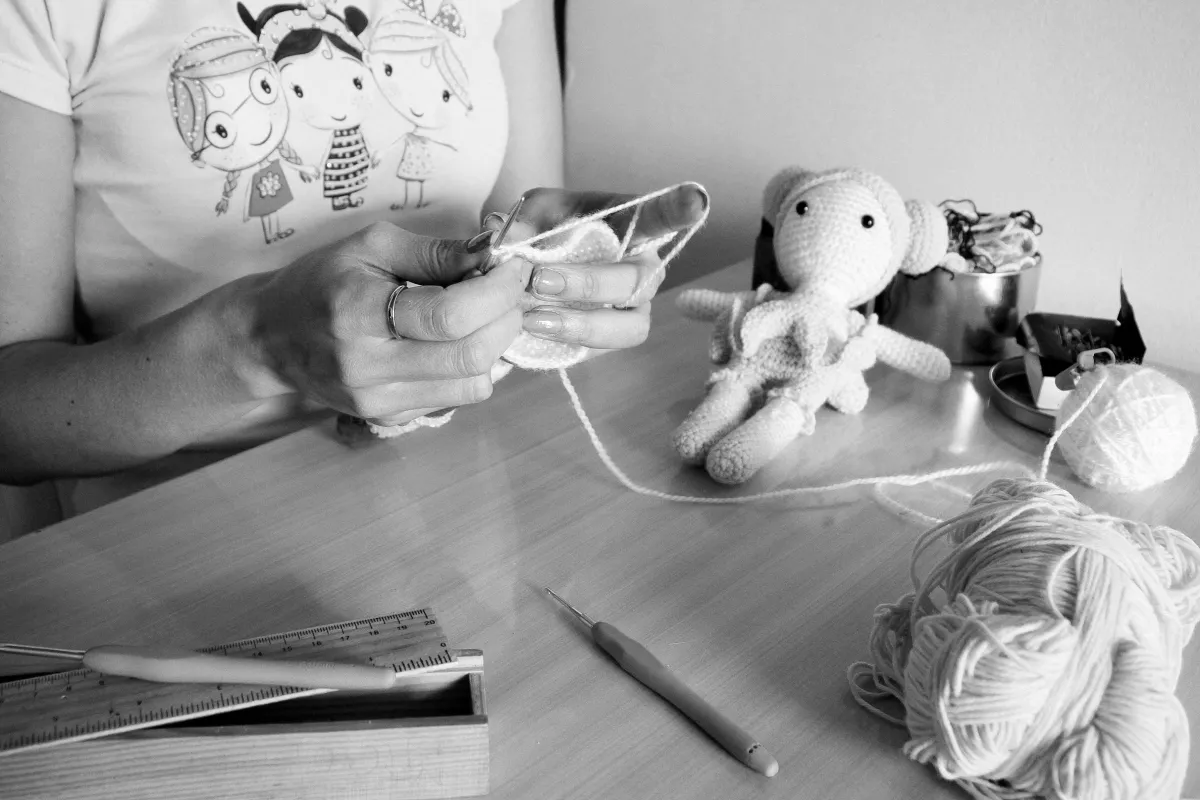
New Learning and Your Brain: Boosting Clarity and Resilience
Learning new things isn’t just for kids in school. For women navigating full lives, picking up a new skill or hobby can spark joy, sharpen your mind, and bring a quiet sense of calm. Let’s take a closer look at how new learning strengthens your brain, drawing on neuroscience to help you nurture mental clarity and resilience in a way that feels doable and grounded. Rooted in the belief that God designed your mind for growth, these insights offer practical ways to renew your focus and find peace.
How New Learning Shapes Your Brain
Just as physical exercise strengthens your body, mental workouts fuel your brain. According to research, when you learn something new, your brain demands more oxygen, increasing blood flow and supporting its health. Routine tasks, like daily chores or work, become energy-efficient over time, but without challenge, your brain may face faster cognitive decline. This can leave you feeling foggy or disconnected, especially when life feels overwhelming.
New learning counters this. It sparks neuroplasticity, your brain’s ability to form new neural connections and strengthen existing ones. Engaging in a new hobby, skill, or even a new way of thinking builds neurons and keeps pathways active. For example, learning a new language or instrument activates the hippocampus and prefrontal cortex, areas tied to memory and decision-making. This flexibility, as research shows, helps your brain stay adaptable and resilient, no matter your age. It’s a reminder of God’s design for renewal, quietly working within you to restore clarity.
Why It Matters in Everyday Life
A steady habit of learning new things brings practical benefits that can lift your mood and ease stress. Studies show that even modest learning efforts can:
Slow the onset and progression of dementia and Alzheimer’s
Boost dopamine, improving mood and motivation
Reduce symptoms of anxiety or depression
Sharpen cognitive skills, like memory, focus, and problem-solving
For women carrying the mental load of busy schedules, maybe even cheering on teen athletes from the sidelines, these benefits can mean feeling more present and grounded. Learning something new isn’t about piling on more tasks. It’s about creating moments of growth that feel like a gift to yourself. Think of it as a small act of stewardship, caring for the mind God gave you to navigate life’s demands with clarity.
The Deeper Impact: Building Cognitive Reserve
Beyond immediate benefits, new learning builds cognitive reserve, your brain’s backup system for handling stress or aging. Research suggests that activities like reading, puzzles, or learning a new skill increase gray matter density and strengthen white matter connections, making your brain more robust against decline. This reserve acts like a buffer, helping you stay sharp even when life feels heavy. For moms encouraging their kids through sports or women managing multiple roles, this added resilience can make daily challenges feel less overwhelming. It’s a practical way to honor the call to renew your mind, as Romans 12:2 quietly encourages, without needing to force a spiritual overhaul.
Simple Ways to Add New Learning
You don’t need hours to make a difference. Just 15 minutes a day of learning something new can boost your brain’s health. Here are practical ideas to get started:
Try a New Hobby or Skill: Pick up something you’ve always wanted to explore, like painting, knitting, or a sport. Activities requiring focus and coordination, like tennis or yoga, also support physical health, as noted in our post on the benefits of aerobic exercise. These engage both body and mind, reinforcing neural pathways.
Learn a Language: Studying a new language builds denser gray matter and sharpens memory and concentration. Apps or short daily lessons make it easy to fit into a busy day.
Change Your Routine: Take a new route to work or try a different mode of transport. This activates your hippocampus, helping your brain practice problem-solving and adaptability.
Engage in Puzzles or Reading: Crosswords, sudoku, or diving into a new book stimulates cognitive reserve. Even a short chapter or puzzle can wake up your brain’s creative side.
These steps are designed to fit into packed schedules, whether you’re managing a household or supporting a teen’s athletic journey. They’re small, intentional ways to care for your mind, reflecting a quiet trust in God’s design for growth.
Moving Forward with Clarity
Learning something new is a gentle way to nurture your brain and spirit. It’s not about perfection or adding stress, it’s about small moments of growth that bring clarity and calm. Start with one activity today, trusting that even tiny steps can lead to lasting change. For more tools to quiet mental noise, check out the free 5 Habits That Quietly Steal Your Peace guide. If you’re ready for deeper support, book a free 30-minute clarity call to explore neuroscience-informed coaching.
